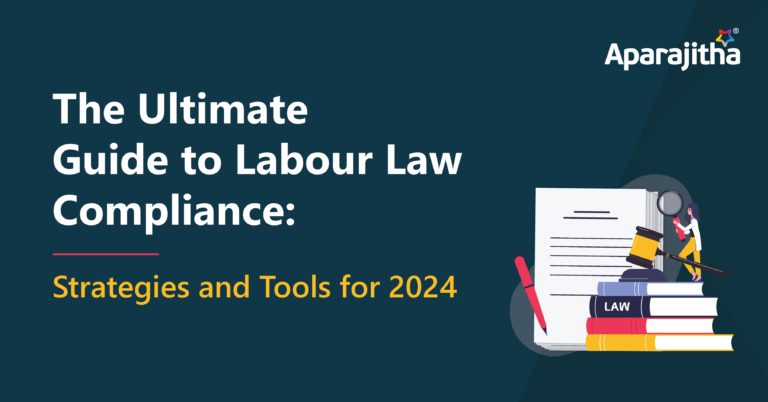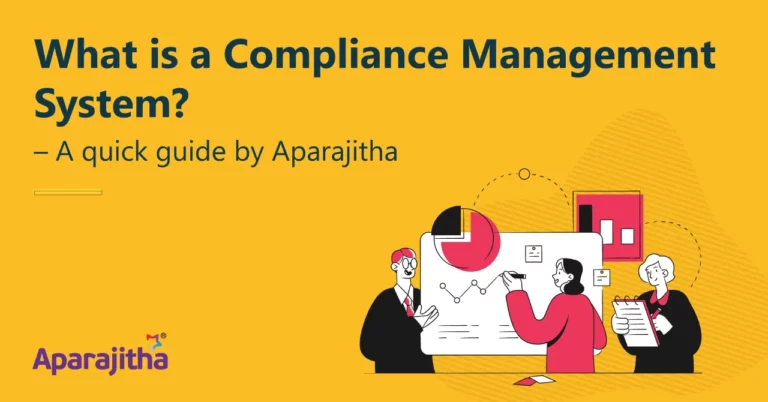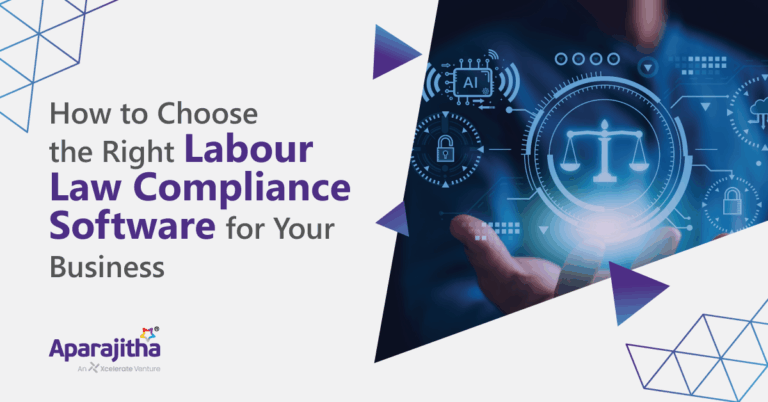Every employee who has worked in the establishment for not less than 30 days in an accounting year shall be paid bonus by his / her employer as per Sec 8 of, The Payment of Bonus Act. The term ‘employee’ as defined in Sec 2(13) does not include contract workers. Hence the position is clear that the contract workers are not entitled to the payment of bonus to be paid by the principal employers. This view is supported by quite a few judgements.
As per the new Code too, only those employees who put in at least thirty days of work in an accounting year drawing wages not exceeding such amount as may be notified would be entitled for payment of bonus. And, the term ‘employee’ as defined in Sec 2(k) of the Code also does not take in its ambit the contract workers. But it is the definition of the term ‘employer’ which raises the eyebrows. Well, the definition as per Sec 2(l) is reproduced as under:
Sec 2(l) employer means a person who employs, whether directly or through any person, or on his behalf or on behalf of any person, one or more employees in his establishment and where the establishment is carried on by any department of the Central Government or the State Government, the authority specified, by the head of such department, in this behalf or where no authority, is so specified the head of the department and in relation to an establishment carried on by a local authority, the chief executive of that authority, and includes,—
- in relation to an establishment which is a factory, the occupier of the factory as defined in clause (n) of section 2 of the Factories Act, 1948 and, where a person has been named as a manager of the factory under clause (f) of sub-section (1) of section 7 of the said Act, the person so named;
- in relation to any other establishment, the person who, or the authority which, has ultimate control over the affairs of the establishment and where the said affairs is entrusted to a manager or managing director, such manager or managing director;
- contractor; and
- legal representative of a deceased employer;
The attention of the readers is drawn to the underlined portion of the definition. So, a person would be considered as ‘employer’ not only in respect of the employees he employs directly but also who are employed through any other person. Needless to mention, this would include contract workers. Thus, a person could be an employer both for his direct employees as well as for his contract workers. It is on this basis one would tend to make an inference that an employer is equally liable to pay bonus to his contract workers also. Its quite natural as the definition for all the four areas, viz., Minimum Wages, Payment of Wages, Payment of Bonus and Equal Remuneration is common now.‘Is it the real intention of the new Code with respect to the payment of bonus to the contract workers?’ is the moot question which requires to be answered.
The contract workers are not considered as employees either under the existing Payment of Wages Act or under the Payment of Bonus Act or the Equal Remuneration Act. As far as the Minimum Wages Act is concerned, ‘employer’ is defined as one who employs directly or through another person. So, it includes contract workers. The contract workers are also entitled to minimum wages as that of regular workers. So, of the four legislations which are subsumed into the proposed Code, while Minimum Wages Act takes in its ambit the contract workers, the other three Acts do not consider contract workers as employees.
In addition, the judicial pronouncements also clarify that the contract workers are not employees either for payment of bonus or for payment of gratuity. In Cominco Binani Zinc Ltd. vs Pappachan (1989 I LLJ 452 Ker), the Kerala High Court has held that the there exists no employer-employee relationship between the principal employer and the contract workers. And the profit-sharing bonus payable under the Payment of Bonus Act and gratuity under the Payment of Gratuity Act are not ‘wages’ under the Payment of wages Act. Similarly, in Hindustan Unilever Limited vs State of Karnataka, (2013 Karnataka High Court), the Karnataka High Court has held that in case the contractor fails to pay bonus to the contract labour, the principal employer is not liable to make payment of bonus under the Payment of Bonus Act, 1965 to contract labour as there is no relationship of employer and employee. Hence, the principal employer is neither primarily nor secondarily liable under the Payment of Bonus Act and the Payment of Gratuity Act.
Further, this is the first time clubbing of major legislations is happening. It is only natural for the law makers to make the common definition as exhaustive as possible after duly considering the existing four definitions so that no finer point is missed out. It appears the opening paragraph in the definition in Sec 2(l) is borrowed from the existing Minimum Wages Act [Sec 2(e)] understandably because the MW Act does include in its scope the contract workers whereas the position is different with respect to the other three legislations.
Given the above discussions, at least, I strongly feel, it is not the intention of the code to make contract workers ‘employees’ for the purposes of bonus and consequently make them entitled for bonus from the principal employer. But, it would likely cause flutters if the date of commencement of the code, in its present form, is announced. A clarification note from the department concerned sufficiently early should ideally put the issue-to-be to rest!!
K VARADAN
CHIEF CONSULTATION OFFICER
APARAJITHA CORPORATE SERVICES (P) LTD., MADURAI.







